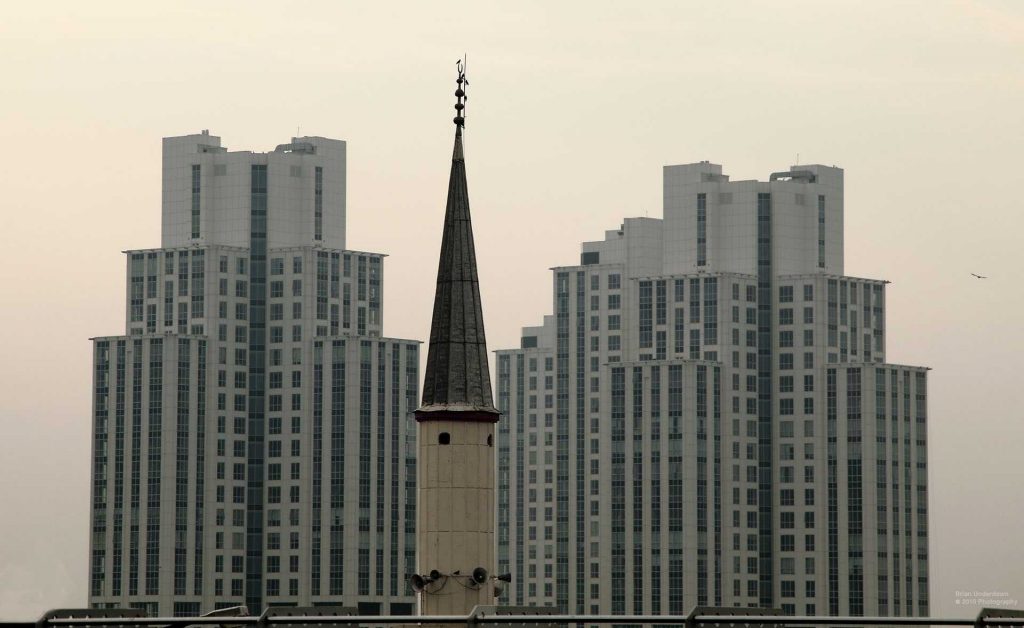By Carsten Hoffmann Nov 30, 2010, 16:09 GMT
Istanbul – The publication of confidential analyses of US diplomats on the situation in Turkey has badly shaken Ankara’s trust.
While political leaders of the AKP, the governing Islamic- conservative party knew that some of them were suspect, the critical remarks about Prime Minister Recep Tayyip Erdogan and his policies can be read as great American mistrust and also a large measure of ugliness towards this nation, with which President Barack Obama claims to be nurturing a ‘model partnership’.
Cables from the US embassy in Ankara, uploaded to the Internet by WikiLeaks, paint a portrait of Turkey in which Islamist advisors and economists are increasingly influential. Erdogan himself gets his information only from an Islamist-coloured press, according to embassy cables.
He depends upon ‘charisma, instinct and the filtered information of aides who pull plot theories out of the Internet or engage in neo- Ottoman, Islmamist fantasies’.
Turkish Foreign Minister Ahmet Davutoglu, considered by a US government advisor as dangerous owing to his Islamist influence on Erdogan, received only an apology in Washington from Secretary of State Hillary Clinton, Turkish media reported Tuesday.
Officially, Ankara brushes it all off. The Turkish Foreign Ministry has, however, set up a panel to assess the growing number of leaked US cables between Ankara and Washington.
‘The emperor wears no clothes,’ wrote the leftist-liberal Turkish newspaper Radikal and ran a caricature of an unclothed Uncle Sam who holds up one finger in his typical ‘Uncle Sam Wants You’ gesture but covers his nakedness with the other hand.
Turkish newspapers term the leak of the documents as earth- shattering.
However, US diplomats repeatedly determined that there is no alternative to the AKP and Recep Tayyip Erdogan at the present time.
‘Tayyip Bey believes in God … but he doesn’t trust him,’ the former US ambassador, in a 2004 cable, quoted an Erdogan aide as having said.
The leader is termed as distrustful yet fair with those he works with.
Such remarks will do no domestic political damage to Erdogan. Indeed, according to Radikal, if nothing horrific comes to light, the leaks may turn out to be ‘the best gift of all for the parliamentary elections of 2011’.
via “Model partnership” with Turkish blemished by leaks (News Feature) – Monsters and Critics.






